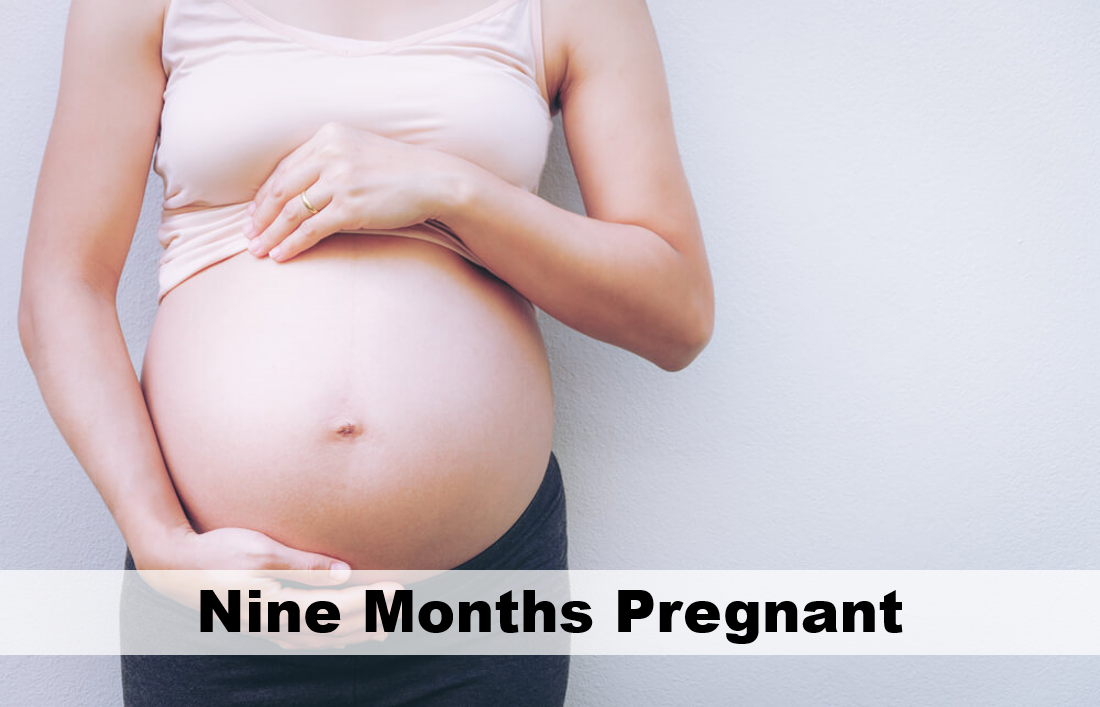What Is Premature Birth?

What is premature birth? Can premature birth be prevented? Premature birth is the concern of many mothers. Births before the 37th week of pregnancy are called premature birth. Approximately 12% of pregnant women perform preterm labor.
Nobody knows exactly what caused premature labor. However, it is up to you to reduce this risk rate by taking precautions against premature birth symptoms. Here, this text will explain what premature birth is, and the symptoms of premature birth.
What Is Premature Birth?
A healthy pregnancy is considered 40 weeks. Premature birth begins after the 20th week and before the 37th week when regular contractions cause the cervix to open. Premature birth is, of course, undesirable because of the risks to the baby. Babies born before the 37th week are called premature infants, and many of them need special care in the neonatal intensive care unit. In very early births, the baby may develop a mental and physical disability in the long term.
Premature Birth Causes
The cause of premature is often unknown. Some factors may increase the risk, but the risk of premature birth can also occur in pregnant women with no known risk factors.
Who Is At Risk Of Premature Birth?
It is not known which pregnant woman will give birth prematurely. However, some of the following conditions may increase the risk of premature birth. Reducing those risk factors that can be prevented is essential for you to have a healthy pregnancy.
- Especially having experienced the risk of premature birth in the last pregnancy or multiple pregnancies
- Having multiple pregnancies like twins, triplets
- Having problems with the uterus, cervix, or placenta (if this happens, your doctor will tell you during the check)
- Smoking or using illegal drugs
- Specific infections (especially in cases affecting the amniotic fluid or lower genital system)
- Having some chronic diseases such as high blood pressure and diabetes
- Stressful life events (natural disasters, loss of loved one)
- Having too much amniotic fluid (polyhydramnios)
- Vaginal bleeding during pregnancy
- Being less than six months between pregnancies
- Infection of tissues surrounding and supporting teeth (periodontal disease)
- Working hard
Premature Birth Symptoms
Symptoms of premature birth can be listed as follows:
- Regular or frequent contractions
- Back and low back pain (especially in the back, this pain is important because it is not seen in pseudo-contractions)
- Pain similar to menstrual pain
- Mild abdominal cramps
- Vaginal spotting
- Preterm rupture of membranes – fluid flow after a rupture of the sac surrounding the infant
- A change in the type of vaginal discharge (mucus-like or bloody)
Most women experience false contractions during certain periods of pregnancy. These Braxton-hicks contractions are named after the doctor who first noticed the false contractions. Braxton-Hicks contractions can be confused with premature birth. Braxton Hicks contractions are normal and prepare the mother for birth but do not initiate premature birth. Knowing the differences between false contractions and actual labor pains is essential to prevent pregnant mothers from becoming panic. However, if you do not understand the difference, it is useful to consult your doctor.
|How to Practise Self Care In Pregnancy?|
Can Premature Birth Be Prevented?
You may not be able to prevent preterm labor, but there is much you can do to have a healthy, full-term pregnancy. The most important ones are as follows:
- Regular prenatal visits: Prenatal visits allow your doctor to monitor your health and your baby’s health.
- Having a healthy diet: Some research suggests that a diet rich in polyunsaturated fats (PUFAs) is associated with a low risk of premature birth.
- Avoid harmful substances: Stop smoking immediately if you smoke. If you feel that you can’t quit on your own, ask your healthcare professional to recommend a smoking cessation program. Illegal drugs are also extremely dangerous for your baby’s health and your health.
If your physician determines that you are at an increased risk of premature labor, you may recommend taking additional steps to reduce your risk. These can be listed as follows:
Taking preventive medications: If you have a history of premature birth, your doctor may prescribe a progesterone hormone needle called hydroxyprogesterone caproate, which begins during your second trimester and lasts up to 37 weeks. How Does Cancer Start And Spread?
Managing chronic conditions: Certain diseases, such as diabetes and high blood pressure, increase the risk of premature birth. It is essential to keep in touch with your physicians to keep any chronic condition under control.
If premature labor has begun, it cannot be stopped, but your doctor may recommend corticosteroids to help your baby complete lung development.





